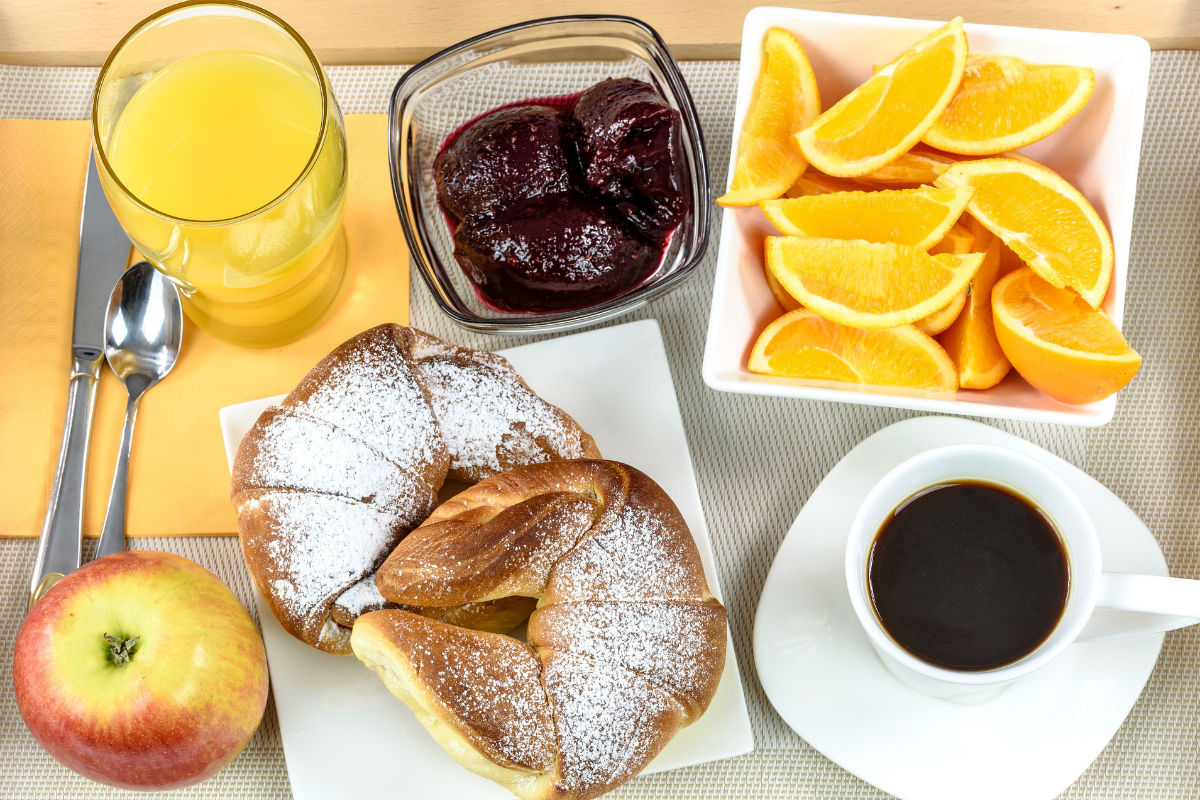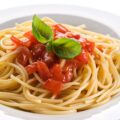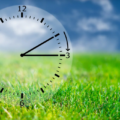
It is a well-known fact that breakfast is the most important meal of the day; a pleasant, varied and balanced breakfast, also in terms of the amount of nutrients, keeps at bay the risk of a monotonous and unbalanced diet. Several scientific studies show that eating breakfast also promotes maintaining the ideal body weight. Nutritional requirements, however, change and evolve on the basis of age and lifestyle. For example, how does the first meal of the day change with the advancement of age?
Dr. Silvia Migliaccio, nutritionist and professor of the University of “Foro Italico” in Rome, on www.iocominciobene.it – blog that Aidepi (Association of Italian Sweet and Pasta Industries) dedicated to the first meal of the day – formulated a set of tips and 3 menus designed for various profiles.
Did you say “elder”?
First of all we have to consider that the profile of the “senior” is changing: unlike the “elder” imaginative, the third age is becoming more and more the moment when one dedicates himself to his passions, without yielding to laziness. Third-year retirees are sporty, overactive grandmothers, both engaged with grandchildren or with a thousand interests that keep them moving.
New senior people today in Italy do not feel old at all. Only 15% of men and 28% of women between 65 and 74 years define themselves as “elder” (enough or very much) according to research “A portrait of the new senior: generations in comparison” (Senior Observatory 2016).
Still active even after retirement, today’s over 65 have a strong desire to feel active. They describe themselves as busy and dynamic, still able to invest their energies and emotions, divided into family commitments and their own passions. However, they are aware that they have less energy reserves and are considered engaged in a continuous “dosage” of spending forces.
The importance of breakfast
Breakfast is a fundamental meal to stop the night fasting and must provide carbohydrates and energy to reactivate proper metabolism, reform glycogen stores and ensure the amount of sugars needed to cope with the day.
“A good breakfast is indispensable for the recovery of all physical and psychic functions,” explains Dr. Migliaccio, “it must be a satisfying moment and provide energy nutrients, especially carbohydrates, which should account for about 70% of the total, but also proteins and a small amount of fat, in addition to water, vitamins, minerals and antioxidants”. In the over 65 breakfast, protein intake must not be neglected: “It must counteract the physiological reduction of lean mass (sarcopenia) occurring in the third and fourth ages”.
Three profiles, three breakfasts
Dr. Migliaccio, in collaboration with the dietician Martina Comuzzi, has elaborated three different menus, suitable for three types of senior, from the hyperactive to the most lazy one. The amount of food to be consumed must be adapted to age, sex, physical constitution, type of activity that takes place during the day, the type of work and / or sport, even mild, that is practiced.
For a senior between the ages of 65 and 75, a man or woman who performs intense sport activity during the day, especially during the morning, the menu may include 200 g whole milk or a 125g friut yoghurt; barley coffee or regular one; One teaspoon of sugar; 40 g bread or four melba toasts served with two teaspoons of jam or honey or hazelnuts cream; An apple or a pear. From time to time the bread with the jam can be replaced by a snack, plumcake type, for a total of about 400 calories.
For a “dynamic” senior, between 65 and 75, a man or woman, a full-time grandfather or always moving between interests and passions (museums, theaters, neighborhood groups, volunteer and parish associations, travel), breakfast can be made up of 150 g whole milk or a 125g friut yogurt; barley coffee or regular one; one teaspoon of sugar; two biscuits or 20 g of breakfast cereals; An apple or a pear, for a total of about 250 calories.
For a “lazy” senior, a man or woman over 65, who is usually sedentary, who only enjoys short walks, the breakfast menu may include 150 g partially skimmed milk or a 125g partially skimmed yogurt; barley coffee or regular one; One teaspoon of sugar; A melba toast with a teaspoon of jam or honey or cream of hazelnuts; A kiwi or a mandarin, for a total of approximately 200 calories.










